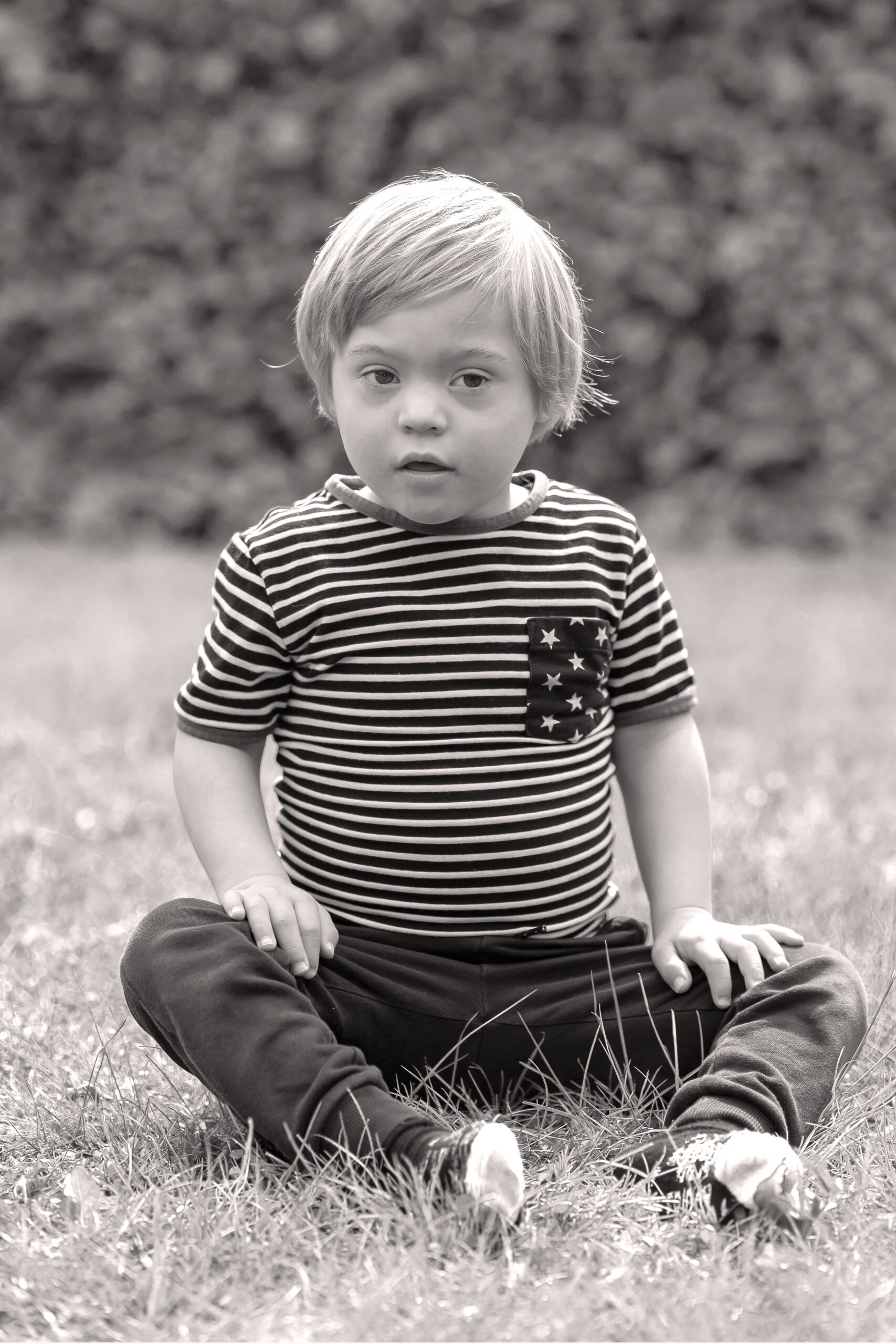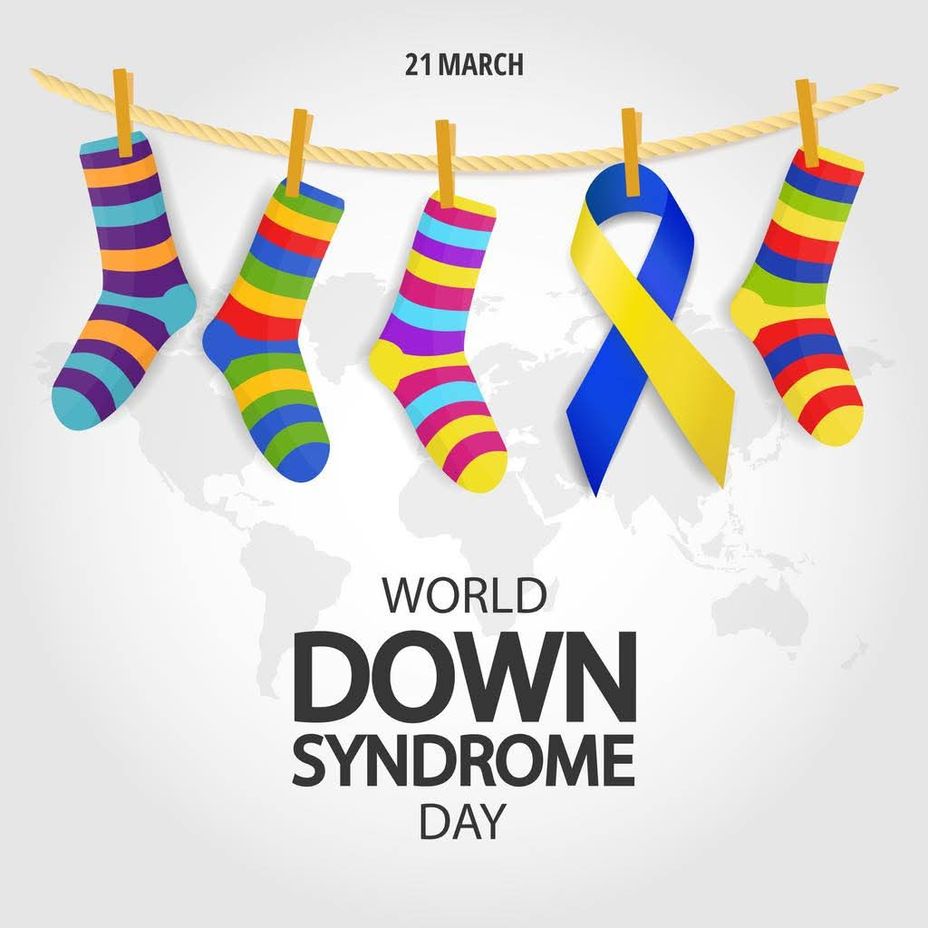Reimagining Home: Creative Living Options for Adults With Intellectual Disabilities
For too long, people with intellectual and developmental disabilities have been placed in institutions, group homes, or left with few choices about where — and how — they live. But a growing movement is reimagining what “home” can mean, embracing independence, inclusion, and community.
Today, several innovative models offer people with disabilities more autonomy and a greater sense of belonging.
One such option is supportive housing. In this model, individuals live in their own apartments — either alone or with roommates — and receive customized support based on their needs. Support professionals may assist with daily living tasks such as cooking, cleaning, or transportation, while rent is often subsidized through HUD programs. www.hud.gov/hud-partners/multifamily-grants-section811ptl Supportive housing recognizes that people with disabilities can thrive independently when the right scaffolding is in place.
Another meaningful alternative is shared living, sometimes known as host home or life-sharing arrangements. In this model, a person with a disability lives with a carefully screened family or individual who welcomes them into their home. More than just providing support, this approach fosters genuine connection and a sense of family — something that can be difficult to replicate in more institutional settings. It also gives the person with a disability an opportunity to experience daily life within a household, with a natural rhythm and personal care.
Perhaps one of the most forward-thinking ideas gaining momentum is the concept of integrated, multigenerational communities. These communities are being designed where active adults over the age of 55 and independent adults with disabilities live side-by-side in a shared neighborhood. The goal? To create a mutually supportive, vibrant environment where aging adults and people with disabilities can enjoy friendships, mentorships, and mutual aid. One organization pioneering this concept is AbleLight, which envisions neighborhoods where inclusion is not an afterthought, but the foundation.
This type of integrated living model could reduce loneliness and isolation for both groups — offering community connection, increased safety, and the opportunity to build rich, interdependent relationships.
As we continue to look for better solutions, one truth becomes clear: housing is about more than just a roof overhead. It’s about dignity, choice, and community. And for people with intellectual disabilities, these new housing models are helping to make that a reality.
As the parent of an adult son with Down syndrome exploring these options can feel daunting. Even with a special needs trust it’s vitally important to document what kind of housing you want your loved one to live in. But the shift toward inclusion-based housing is growing — and with it, new hope for the kind of future all people deserve.
Creative Living Options
Adults With Disabilities
:max_bytes(150000):strip_icc()/Parents-GettyImages-1272943637-ea9399c47f794cfa8be3528ce39a5ad0.jpg)



